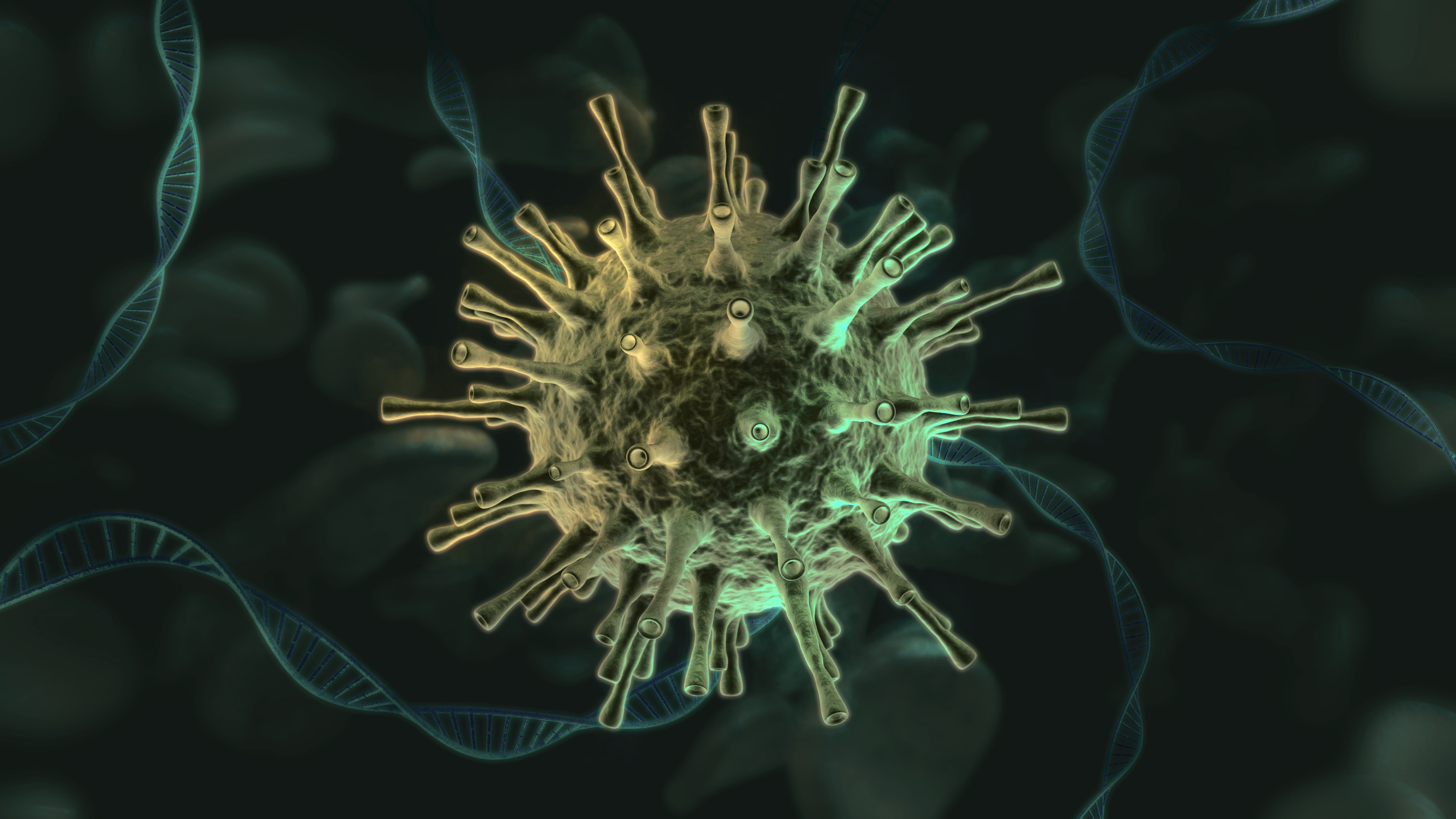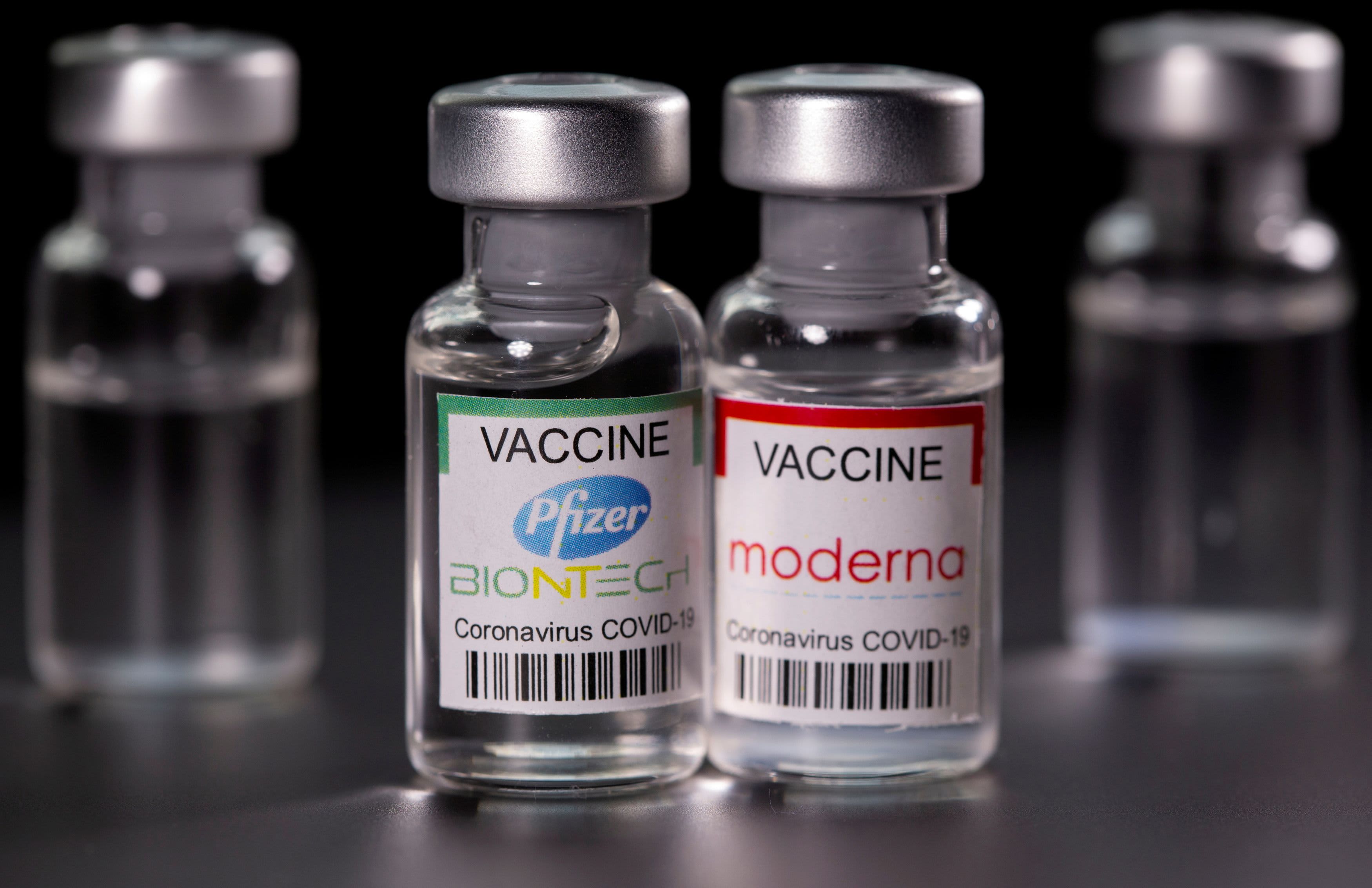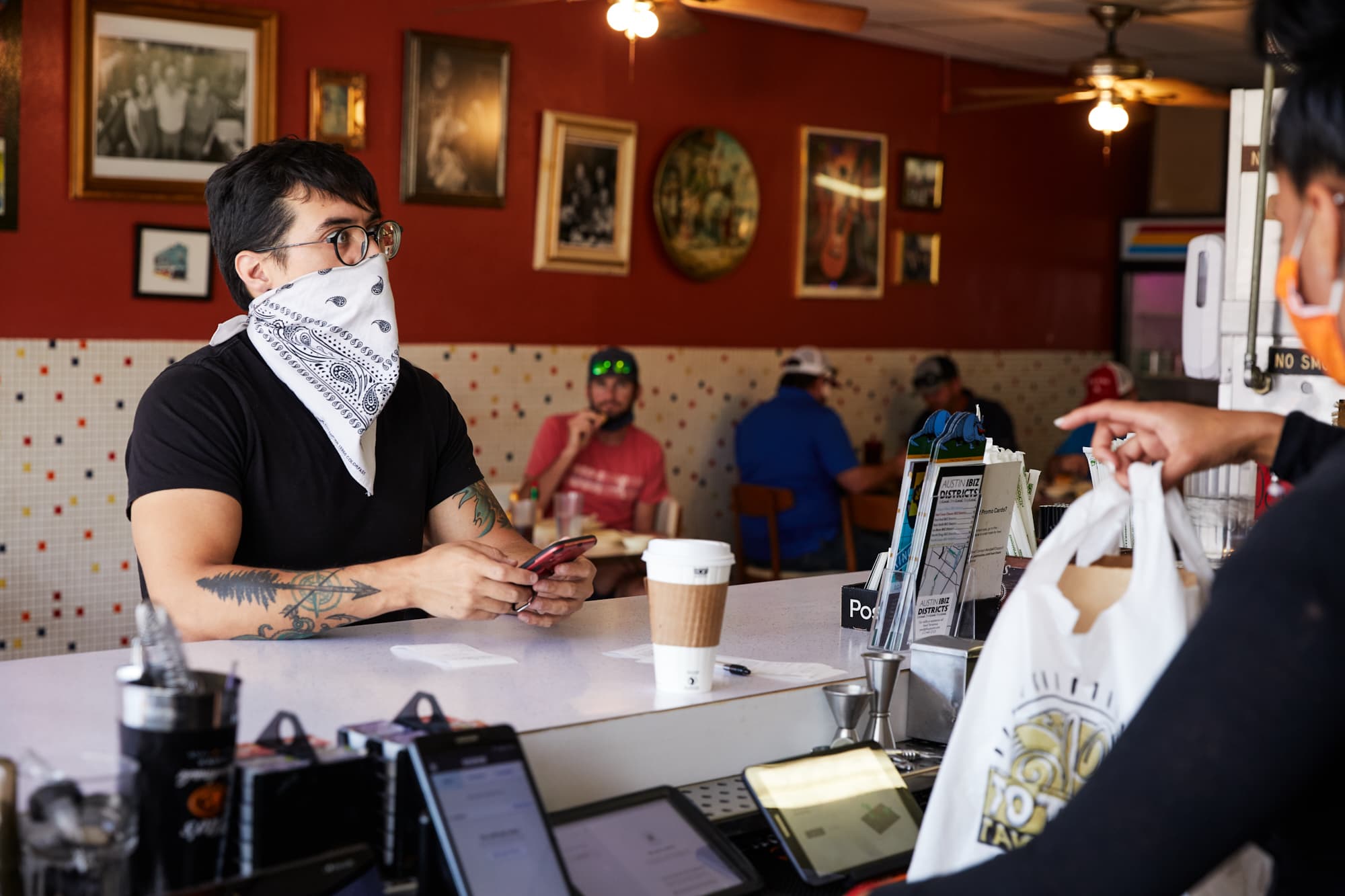With concerns surrounding the Delta coronavirus variant rising globally, how effective are the current vaccines in the U.S. at protecting against the new version of the virus?
According to medical experts, the three vaccines currently available each offer protection.
Here's a breakdown of each vaccine and what you should know:
How effective are the COVID vaccines overall?
Get Boston local news, weather forecasts, lifestyle and entertainment stories to your inbox. Sign up for NBC Boston’s newsletters.
In clinical trials, Moderna's vaccine reported 94.1% effectiveness at preventing COVID-19 in people who received both doses. The Pfizer-BioNTech vaccine was said to be 95% effective.
A new CDC study reported that a single dose of Pfizer's or Moderna's COVID vaccine was 80% effective in preventing infections. That number jumped to 90% two weeks after the second dose, the study on vaccinated health care workers showed.
"These findings indicate that authorized mRNA COVID-19 vaccines are effective for preventing SARS-CoV-2 infection, regardless of symptom status, among working-age adults in real-world conditions," the U.S. agency wrote in the study. "COVID-19 vaccination is recommended for all eligible persons."
Pfizer's vaccine, the only one currently authorized for use in children as young as 12, also showed heightened effectiveness among adolescents.
Pfizer in late March released preliminary results from a vaccine study of 2,260 U.S. volunteers ages 12 to 15, showing there were no cases of COVID-19 among fully vaccinated adolescents compared with 18 among those given dummy shots.
More intriguing, researchers found the kids developed higher levels of virus-fighting antibodies than earlier studies measured in young adults.
The FDA said J&J’s vaccine offers strong protection against what matters most: serious illness, hospitalizations and death. One dose was 85% protective against the most severe COVID-19 illness, in a massive study that spanned three continents — protection that remained strong even in countries such as South Africa, where the variants of most concern were spreading at the time.
The CDC reports J&J/Janssen vaccine was 66.3% effective in clinical trials at preventing COVID-19 illness in people who had no evidence of prior infection 2 weeks after receiving the vaccine.
"The vaccine had high efficacy at preventing hospitalization and death in people who did get sick," the CDC notes. "No one who got COVID-19 at least four weeks after receiving the J&J/Janssen vaccine had to be hospitalized."
It is not known if any of the three vaccines prevent the spread of the virus by people who are asymptomatic, though the CDC noted that "early evidence suggests that the J&J/Janssen vaccine might provide protection against asymptomatic infection."
How effective are the vaccines against the new Delta variant?
Data surrounding vaccine effectiveness with the Delta variant is so far limited.
While studies have shown that the available vaccines work against variants, including the Delta variant, all two-dose vaccines offer significantly more protection following their second dose.
Researchers in England studied how effective the two-dose AstraZeneca and Pfizer-BioNTech vaccines were against it, compared with the Alpha variant that was first detected in the U.K.
The vaccines were protective for those who got both doses but were less so among those who got one dose.
One recent study showed the Pfizer vaccine was 84% effective against the variant after two doses, but only 34% effective after the first dose.
Moderna also announced Tuesday that a new study showed its vaccine also produced promising protection in a lab setting against the Delta variant and others currently circulating.
“As we seek to defeat the pandemic, it is imperative that we are proactive as the virus evolves. We remain committed to studying emerging variants, generating data and sharing it as it becomes available. These new data are encouraging and reinforce our belief that the Moderna COVID-19 Vaccine should remain protective against newly detected variants,” Stéphane Bancel, chief executive officer of Moderna, said in a statement.
Currently, little data has been released showing just how effective the Johnson & Johnson is at protecting against the Delta variant, though it is believed that the single-shot vaccine does offer protection against the variant.
Dr. Scott Gottlieb, former Food and Drug Administration commissioner, reportedly said the Johnson & Johnson vaccine appears to be about 60% effective against the Delta variant.
Still, medical experts say any of the three vaccines currently being used in the U.S. continue to show good results as far as protection.
”This will protect them against getting very sick and being hospitalized and even dying from the Delta variant,” Dr. Katherine Gergen-Barnett of Boston Medical Center recently told NBC10 Boston.
Will a booster shot be needed?
So far, there has been no recommendation from the Centers for Disease Control and Prevention surrounding booster shots with the Delta variant.
Still, health experts have repeatedly cautioned that COVID-19 booster shots could be needed for fully vaccinated people, particularly as new variants spread.
White House chief advisor Dr. Anthony Fauci said during an interview with MSNBC's Medhi Hasan in April that people may need to get booster shots in a year.
Pfizer CEO Albert Bourla also previously said people will "likely" need a third dose within 12 months of getting fully vaccinated.
So far, studies suggest that the vaccines currently in use can recognize the emerging variants — but they may not provide quite as much protection against the new strains.
Boosters and new versions of vaccines that target the variants are already being explored.
Pfizer-BioNTech was previously testing a third booster shot of its vaccine on fully vaccinated people.
"The flexibility of our proprietary mRNA vaccine platform allows us to technically develop booster vaccines within weeks, if needed," Sahin said in a release in February.
Moderna was also testing a potential third dose of its current vaccine, and a possible booster shot specifically targeting the South Africa variant. Citing early data, the company recently said the booster vaccine generated a promising immune response against the B.1.351 and P.1 variants first identified in South Africa and Brazil, respectively.
Meanwhile, Johnson & Johnson CEO Alex Gorsky said during an interview with CNBC's "Squawk Box" in March that the company is well-positioned to adapt its vaccine for variants, and is working on developing software that will "help address some of these new and emerging variants."




